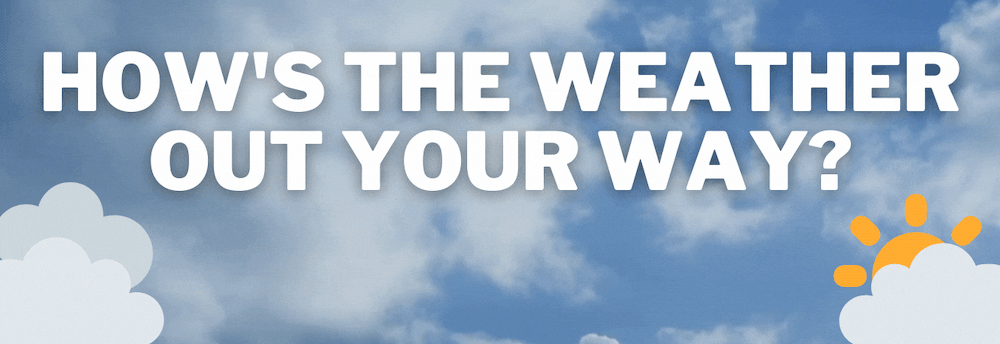More plastics to go in single-use ban
Laura Williams
01 November 2022, 7:29 AM
 While individuals using banned items can't be fined, businesses have a lot to lose. (Image: Business NSW)
While individuals using banned items can't be fined, businesses have a lot to lose. (Image: Business NSW)Your take out meals could look quite different FROM today, as the state continues on its mission to phase out single-use plastic.
Additional items being added to the list of banned single-use plastics and carrying a heavy penalty for those who don’t comply.
The government announced the plan to phase out problematic plastic items this time last year following the passing of the Plastics and Circular Economy Act 2021, which began by banning single-use bags in June this year.
Minister for Environment James Griffin said the ban was in response to 16,000 submissions in response to a proposed ban, with 98 per cent of them in favour of it.
“The feedback is clear - the community is disturbed by the amount of single-use plastic entering our environment, so we’ve listened, taken action, and today we’re asking everyone across the state to stop it and swap it,” Minister Griffin said.
From today, the additional banned items will include::
- plastic straws, stirrers, cutlery, plates, bowls and cotton buds
- food ware and cups made from expanded polystyrene
- rinse-off personal care products containing plastic microbeads
Microbeads are tiny pieces of plastic added to products for their exfoliant or abrasive properties.
A 2020 assessment of Australian stores and supermarkets found that 99.3 per cent of rinse-off personal care, cosmetic and cleaning products available in Australia were microbead-free, thanks to an industry-led voluntary phase out.
Still, in NSW single-use plastic items and packaging make up 60 per cent of all litter.
According to figures from the state government, the single-use bans will prevent almost 2.7 billion items of plastic litter from entering the environment in NSW over the next 20 years.
Businesses will not be reimbursed by the government for existing stock that can’t be used, and are recommended to ask suppliers for a refund for any banned stock.
Failure to comply from individual suppliers could cost businesses an $1100 on the spot fine or $11,000 court penalty. Corporate suppliers stand to lose $55,000 in fines if found failing to comply.
An individual cannot be fined for using a banned single use plastic item.
The supply of plastic straws for people who need them due to a disability or medical need is exempt from the ban.




